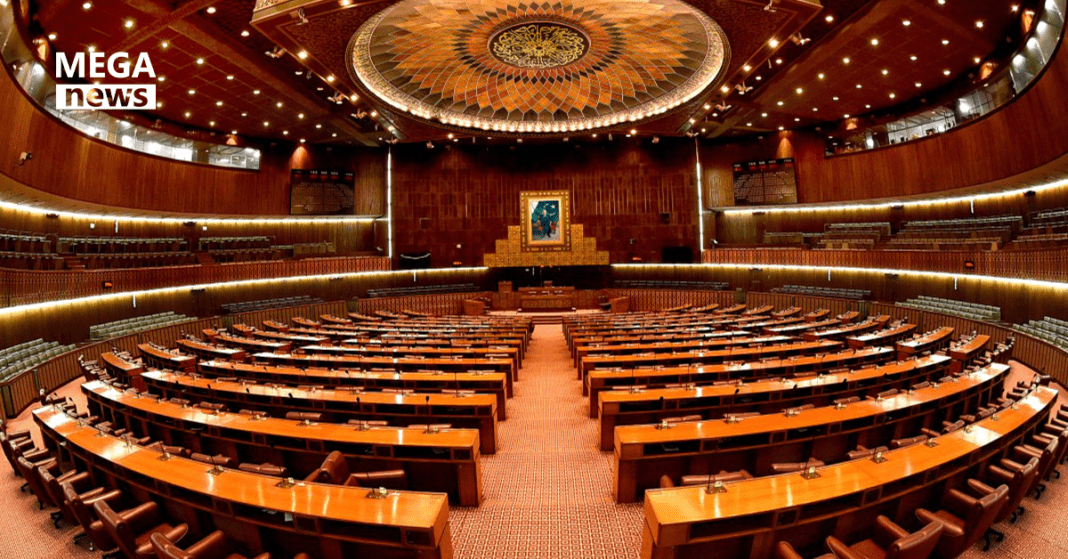The National Assembly’s Standing Committee on Finance recently navigated a crucial pivot, marking a rethink in tax policy that should carry weight for businesses and ordinary families alike. In a surprising turn, lawmakers rejected the idea of a flat 4 percent rental valuation on commercial properties. Federal Board of Revenue officials initially championed the uniform rate to streamline the system, but fears of rural overreach and excessive urban burdens prompted strong pushback—and ultimately led to the proposal being withdrawn. For business owners, that’s a relief: disparate rent rates based on location or sector may still be on the table, allowing flexibility rather than a one-size-fits-all tax that might’ve hiked costs overnight.
Simultaneously, the committee voted yes to some sharper measures targeting tax evasion and the opaque financial behaviors of elite clubs. Those charging Rs 1 million or more for membership—places like Islamabad Club—must now file detailed income and expense reports for the first time. This is a tangible step toward financial transparency; high‑end clubs have long operated under the radar, and bringing them into the tax net could set a precedent for accountability in Pakistan’s affluent spheres.
Another progressive move arose as the committee imposed stricter rules on arrest powers related to tax fraud. Now, the FBR must secure prior approval and complete an internal inquiry before sweeping in against alleged offenders. That’s a safeguard for fairness—curbing overreach while preserving enforcement.
What’s fascinating here is the balance between fairness and oversight. On one hand, the government backed down on a heavy-handed, uniform rental rate that might have stifled small businesses in less-developed regions; on the other, it’s raising the bar on transparency for elite entities and fortifying taxpayer protections. For anyone following economic reform or the volatility of tax policy, this committee’s moves send a clear message: reform won’t always be sellout or grand gesture—sometimes, it’s a well-measured step toward equity.



